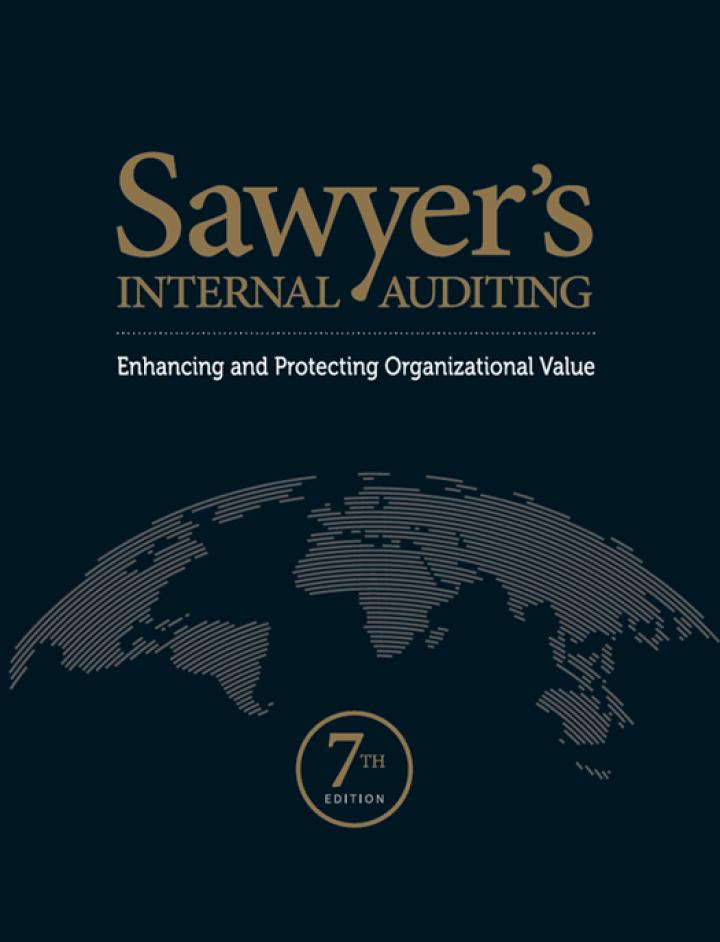Question
3. The declaration of a cash dividend decreases a corporation's stockholders equity and decreases its assets. A) True B) False 4. The charter of a
3. The declaration of a cash dividend decreases a corporation's stockholders equity and decreases its assets.
A) True B) False
4.
The charter of a corporation provides for the issuance of 100,000 shares of common stock. Assume that 60,000 shares were originally issued and 5,000 were subsequently reacquired. What is the amount of cash dividends to be paid if a $1 per share dividend is declared?
A) $60,000 B) $5,000 C) $100,000 D) $55,000
5.
Nexis Corp. issues 1,000 shares of $15 par value common stock at $25 per share. When the transaction is recorded, credits are made to:
A) Common Stock $15,000 and Paid-in Capital in Excess of Par Value $10,000. B) Common Stock $25,000 and Retained Earnings $15,000. C) Common Stock $15,000 and Paid-in Capital in Excess of Stated Value $10,000. D) Common Stock $25,000.
6.
The financial loss that each stockholder in a corporation can incur is usually limited to the amount invested by the stockholder.
A) True B) False
7.
A corporation has 40,000 shares of $25 par value stock outstanding. If the corporation issues a 3-for-1 stock split, the number of shares outstanding after the split will be
A) 120,000 shares B) 40,000 shares C) 80,000 shares D) 13,333 shares
8.
Treasury stock which was purchased for $3,000 is sold for $3,500. As a result of these two transactions combined
A) income will be increased by $500 B) stockholders' equity will be increased by $3,500 C) stockholders' equity will be increased by $500 D) stockholders' equity will not change
9.
The excess of issue price over par of common stock is termed a(n)
A) discount B) income C) deficit D) premium
10.
If 50,000 shares are authorized, 41,000 shares are issued, and 2,000 shares are reacquired, the number of outstanding shares is 43,000.
A) True B) False
11.
A sale of treasury stock may result in a decrease in paid-in-capital. A decrease should be charged to the Paid-In-Capital from Sale of Treasury account.
A) True B) False
12.
How is treasury stock shown on the balance sheet?
A) as an asset B) as a decrease in stockholders' equity C) as an increase in stockholders' equity D) treasury stock is not shown on the balance sheet
13.
In which section of the financial statements would Paid-In Capital from Sale of Treasury Stock be reported?
A) other expense on income statement B) intangible asset on balance sheet C) stockholders' equity on balance sheet D) other income on income statement
14.
Earnings per share
A) is the net income per common share B) must be reported by publicly traded companies C) helps compare companies of different sizes D) all of the above
15.
A prior period adjustment should be reported as an adjustment to the retained earnings balance at the beginning of the period in which the adjustment was made.
A) True B) False
16.
Before a stock dividend can be declared or paid, there must be sufficient cash.
A) True B) False
17.
Which of the following is not a prerequisite to paying a cash dividend?
A) formal action by the board of directors B) market value in excess of par value per share C) sufficient cash D) sufficient retained earnings
18.
A corporation has 60,000 shares of $25 par value stock outstanding that has a current market value of $120. If the corporation issues a 5-for-1 stock split, the number of shares outstanding will be:
A) 60,000 B) 10,000 C) 300,000 D) 30,000
19.
Paid-in capital may originate from real estate donated to the corporation.
A) True B) False
20.
Those most responsible for the major policy decisions of a corporation are the
A) management. B) board of directors. C) employees. D) stockholders.
Step by Step Solution
There are 3 Steps involved in it
Step: 1

Get Instant Access to Expert-Tailored Solutions
See step-by-step solutions with expert insights and AI powered tools for academic success
Step: 2

Step: 3

Ace Your Homework with AI
Get the answers you need in no time with our AI-driven, step-by-step assistance
Get Started


